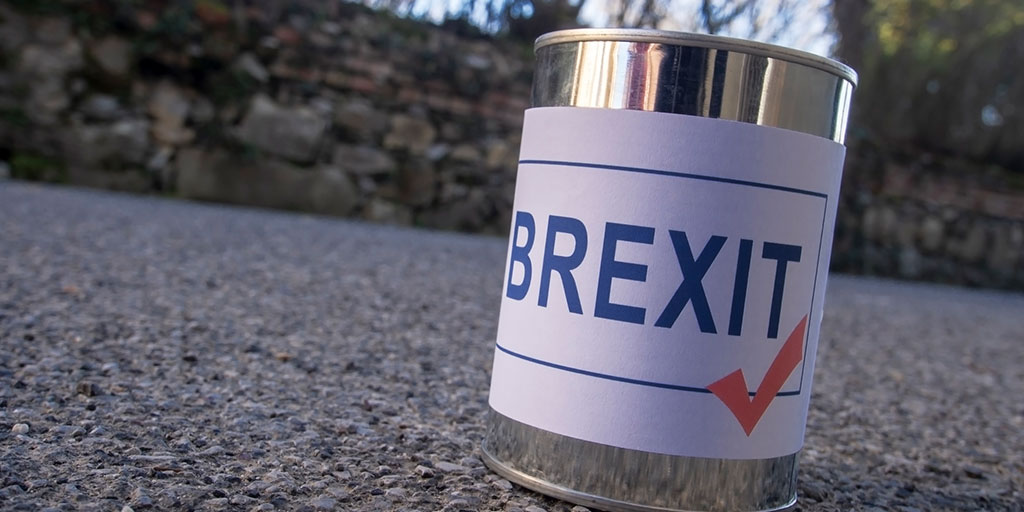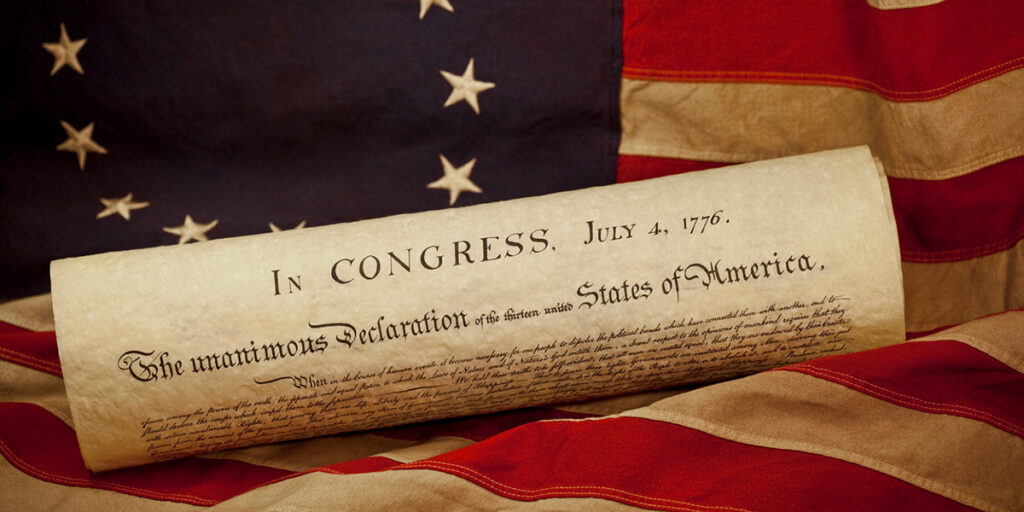There are just 5 weeks until the deadline for the United Kingdom to formally leave the European Union. March 29 is the date. It’s more commonly known as Brexit. The vote to leave took place in June of 2016. It shocked the world. It also set the tone for another new normal that has impacted the western world. It’s been a long time coming. The problem is, there is no clear plan in place. The British government has been unable to reach a deal with the EU to provide for a managed and methodical exit. This has never happened before. Decisions have been delayed. The proverbial can keeps getting kicked. A hard Brexit, which means no deal and a messy departure, is very possible. The probability of this is uncertain. The implications are too.
If you think Washington is divided and chaotic, well you’re absolutely right. It is. But it seems nothing like what’s been going on in London. The British government has been described as being at war against itself. They are facing a constitutional crisis. Its Labour Party had the largest defection this week in 4 decades. Recent polls show that more Brits prefer to remain in the European Union now than exit. The younger generation is decisively in “the remain” camp. Another referendum vote seems unlikely but perhaps necessary. To put it into perspective, it was reported that Google searches for “What is the EU” and “What is Brexit” spiked across Britain late into the night of the election in 2016, indicating many didn’t even know what they were voting for. That sort of sums it all up, doesn’t it? Major decisions and judgments are being made without perhaps fully comprehending the subject. The sad part is, this is serious stuff.
So what will this mean? As mentioned, it’s still very unclear. Some are anticipating a shortage of groceries and other staples in Great Britain if the supply chain is disrupted because of customs delays and gridlock generated by the change in existing customs procedures. Companies, particularly foreign ones, are not likely to wait around and see what a post-Brexit Britain looks like. Many Japanese companies are already moving their European headquarters from the British Isles over to the continent. American companies have done the same. It’s even been rumored that the Queen would be escorted out of London in the case of a hard Brexit for precautionary purposes with fear of the unknown.
The European Union accounts for over 20% of the Global Economy. That makes it the second largest market behind the United States. Great Britain is the second largest economy in Europe, behind Germany. Its departure will have a massive impact on so many things. The European economy is expected to grow just 1.5% this year, with definite risk to the downside. Europe has been caught in the crossfire between China and the US on trade. President Trump has threatened to leverage tariffs on European autos if a trade deal doesn’t get done. Then you add Brexit to the mix. Challenging doesn’t do justice to describe it. The European Central Bank is contemplating more monetary aid to stem the tide of the economic slowdown before its economy recesses. It might not be enough. Interest rates are already in negative territory. There is over $11 Trillion in global government debt which bond investors are basically paying them to hold. The global economy is slowing.
The British people can expect changes to many daily habits. These could include shortages of fresh food, price rises, and less variety if the country leaves the European Union next month without agreeing to trade terms. Unilever, the Anglo-Dutch consumer goods company, has been stockpiling ice creams in Britain and deodorants in continental Europe to guard against potential supply disruptions in the event of a no-deal Brexit. Pringles is the #2 seller of chips, which you probably know are called “crisps”, in the UK. Pringles that are sold in Great Britain are made in Belgium. The Kellogg Company, which owns Pringles, have reportedly stockpiled a substantial inventory of Pringles ahead of time because access, taxes and importability issues are at this stage unknown. Kellogg’s sold nearly $350 Million worth of Pringles last year. It’s an important product for the company and the British people. Kellogg’s cereal business is the largest in Western Europe with a quarter share of the market last year and sales $1.7 Billion. Europe accounted for nearly 20 percent of Kellogg’s total sales last year. Stacks of Pringles can apparently last up to 15 months in storage. The Brexit can may very well get kicked, but the road to Brexit resolution should not exceed a Pringle expiration date.
News that a trade deal between China and the US is fueling more optimism. But a comprehensive deal seems so unlikely and optimistic expectations might ultimately meet disappointment. There’s still quite a ways to go before these global issues are resolved. Brexit is a big one. A push out is possible but not necessarily probable. If you find yourself snacking on Pringles, just know it’s become a prized delicacy these days in certain circles.
Have a nice weekend. We’ll be back, dark and early on Monday.
Mike







